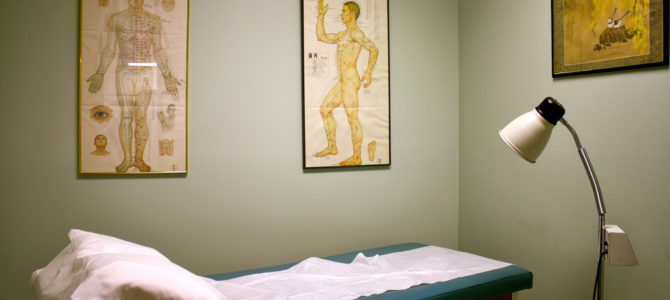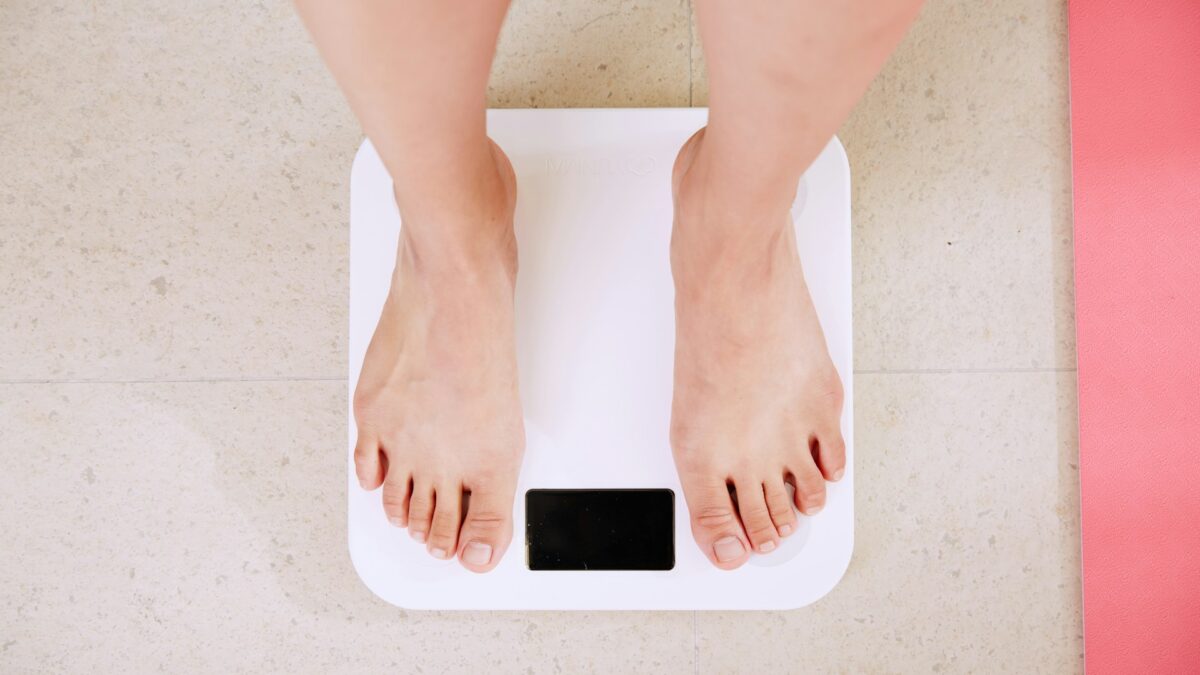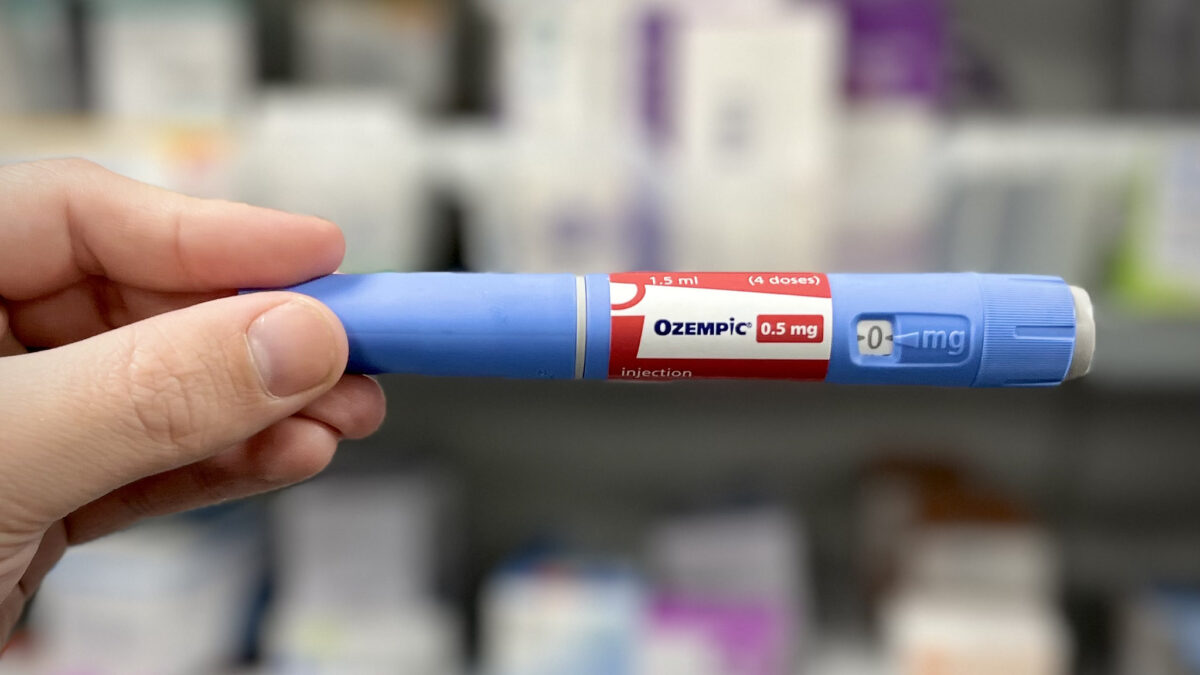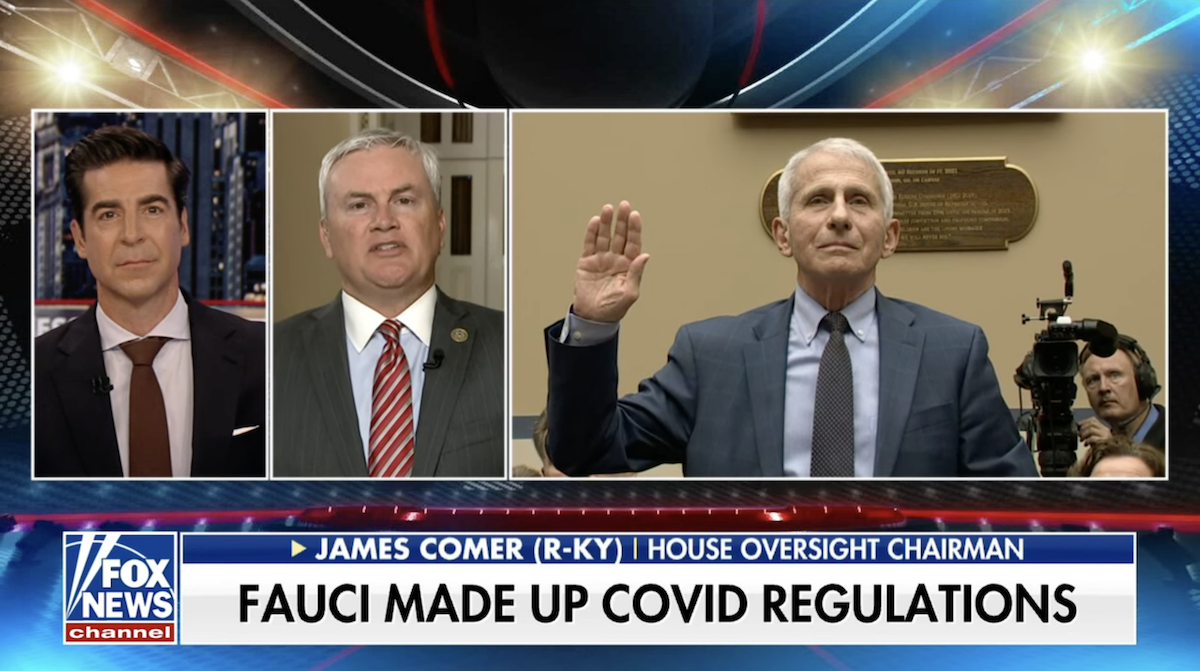
The American Academy of Pediatrics (AAP) endorses the use of contraceptives for teens and recently updated doctors like me about a new study urging that teenagers be able to buy them over the counter. As a pediatrician and mother of teenagers, I have to ask: “Why? And why especially without a physician’s input?”
Teens face additional risks from taking hormonal contraceptives. Even for adults whose brains and bodies are fully developed, birth control pills have multiple, potentially serious, side effects. These fall into three general areas: increased cardiovascular events (heart attacks and problems from blood clots), increased breast cancer rates, and increased human papilloma virus (HPV) and cervical cancer rates.
For adolescents, there are even more complications: higher rates of blood clot issues than adults; problems acquiring adequate bone mass; and increased rates of depression. “[U]se of hormonal contraception by adolescents is associated with an increased likelihood of a first diagnosis of depression as well as subsequent use of antidepressants.” Adolescent girls do not need a chemically induced reason for depression!
Teens are Not Small Adults
Perhaps even more alarming is that this increased depression risk may be caused by actual alterations in adolescents’ brains. Scientists are asking for more research along this line, after a study found that “steroids change brain structure, function and cognitive performance, [and] the effects of synthetic steroids contained in hormonal contraceptives on brain and cognition have barely been investigated.”
Given the side effects we know about, plus what we are in the process of learning, pediatricians should be questioning whether to recommend hormonal contraception at all. Thus, increasing access while removing physician involvement is a step backwards for adolescent safety.
An axiom of pediatrics is that “children are not small adults.” Adult and child bodies (including teenagers) have different requirements. Because of this, the two groups may benefit from the same drug, but to remain safe, they may, for example, require different doses. Unfortunately, despite already widespread use of hormonal contraceptives, the effects of extra hormones in adolescents has never been studied. We don’t know what the safest dose for teens is.
Also to be considered is teens’ “lower health literacy and reduced adherence” to “obeying the rules” of safely and consistently taking medicine. According to one group of adolescent physicians, teens are more likely than adult women to discontinue, restart, or change hormonal contraceptive methods.
Teens Need Doctors to Talk Them Through These Decisions
The Guttmacher Institute reports that between 2012 and 2015, the number of young women aged 18–24 who had not had sex in the past month nearly doubled their usage of “the pill.” During this timeframe, AAP maintained an abstinence “until ready” policy. Yet now, rather than suggest pediatricians talk to their patients about the physical, emotional, and other consequences of sex, pediatricians are alerted about a study that encourages contraceptive availability over-the-counter.
Understandably, discussions about how to define “being ready” can be uncomfortable. But if the pediatrician writes a prescription for a contraceptive, then some amount of conversation with a teenager about sex must have happened first. This benefits the teenager. The conversation may provide a rare opening for the teen to consider her past and present decisions with a trusted adult who also understands her specific medical history and current health. It beats over-the-counter contraceptive delivery hands down.
These opportunities are why the AAP endorsed Bright Futures’ large list of “preventive pediatric health care recommendations.” The age-specific guidelines were created because “pediatric health care professionals have a unique opportunity to assess the health and developmental trajectory of children over time.” Weakening physicians’ role or removing them from a conversation with teenagers is not just bad for adolescents, it is completely inconsistent with how pediatricians practice at every other stage of a patient’s development.
The fact that many teens are already having sex, as the AAP points out, does not negate the importance of this conversation. Eliminating a need to see the doctor to obtain hormonal contraceptives sends the message that even the conversation about “being ready” is unnecessary, which is an abandonment of the doctor’s responsibility.
Over-the-Counter BC Would Put More Kids at Risk
Although the group that wrote the new article endorsing over-the-counter delivery claims that 14-year-olds have the capacity to make good decisions, it doesn’t mean they will, particularly in the face of peer-derived behavioral norms. The study doesn’t account for this, or for the possibility that a young woman is being abused by an adult or a boyfriend.
Bottom line: adolescent physiology is unique. Studies have not demonstrated that, in this specific population, hormonal contraceptives are safe for developing brains and bodies. I fear that physicians who genuinely want to provide what is best for their patients have acquiesced to cultural mores and overlooked our gaps in knowledge regarding the full spectrum of hormonal contraception’s complications in young women.
Making hormonal contraceptives available over the counter not only removes physicians from good medical decision-making for the teenager, it removes them from an important conversation about so many of the choices teens are making—choices that might be informed more by peers or perceived norms than by long-term consequences or a concerned adult.
I look at my beautiful, healthy, teenage daughter and worry about a culture that tells her to risk taking hormonal birth control rather than make a different decision. We can go back and forth all day long citing various articles that defend or condemn hormonal contraceptives, but even if the chance of a clot-induced death is rare—10 percent, or 5 percent, or 1 percent—if she dies, she will be 100 percent affected.









